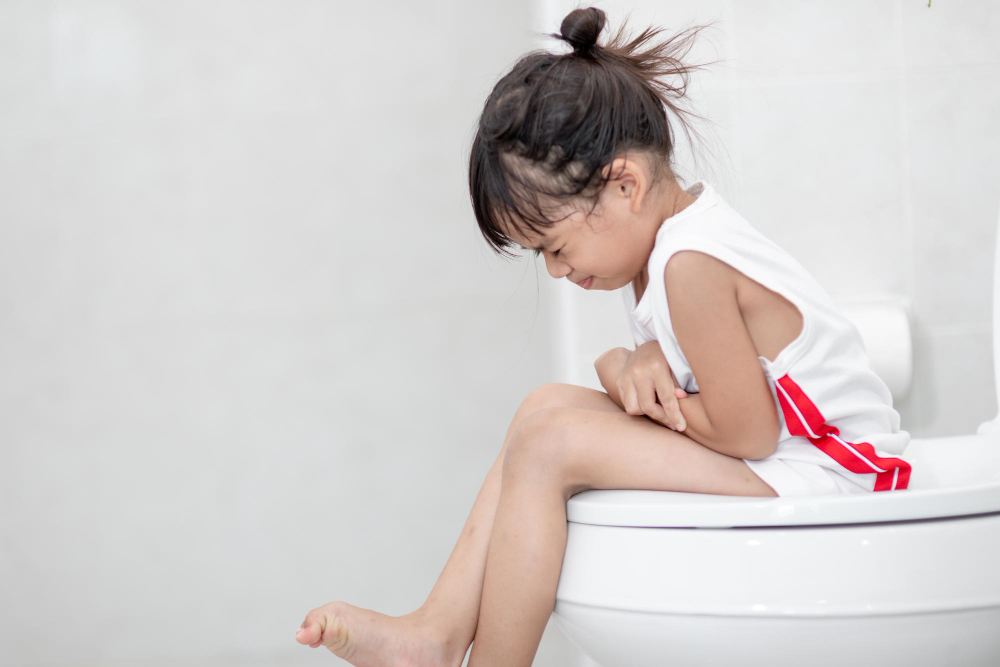What Is Constipation in Children?
Constipation in children happens when a child has fewer than three bowel movements in a week. Often, the stools are hard, dry, or painful to pass. Many parents worry when their child has trouble going to the bathroom. However, constipation in children is common and usually not serious. Still, it can cause discomfort and affect daily life. Early understanding helps parents find the right child constipation remedies and support their child’s health.
Common Symptoms of Constipation in Children
Recognizing the signs of constipation in children is important. Sometimes, children may not say they feel unwell. But parents can look for these symptoms:
Additionally, some children may avoid the bathroom because of pain. Over time, this can make constipation worse.
Causes and Risk Factors
Many things can cause constipation in children. For example, changes in diet or routine may lead to trouble. Here are some common causes and risk factors:
Sometimes, medical conditions can also cause constipation. However, these are less common.
Diagnosis Methods
Doctors use several ways to diagnose constipation in children. First, they ask about the child’s symptoms and medical history. Next, they may do a physical exam. Sometimes, doctors ask about the child’s diet and bathroom habits. In a few cases, tests like X-rays or blood tests may be needed. These help rule out other health problems. Most of the time, a careful history and exam are enough for diagnosis.
Treatment Options for Constipation in Children
There are many ways to treat constipation in children. Often, simple changes can help. Here are some common pediatric constipation treatments:
Sometimes, doctors may suggest medicines like stool softeners or mild laxatives. However, these should only be used under a doctor’s care. For many children, home remedies and lifestyle changes work well. If you are looking for child constipation remedies, start with diet and routine changes first.
Lifestyle and Dietary Guidance for Prevention
Preventing constipation in children is possible with healthy habits. For instance, a balanced diet and regular routine can make a big difference. Here are some tips:
With these steps, you can help prevent constipation and support your child’s health.
When to See a Doctor
Most cases of constipation in children are mild. However, sometimes you should seek medical advice. For example, see a doctor if your child:
Early treatment can prevent problems. Therefore, do not wait if you are worried about your child’s health.
Conclusion
Constipation in children is common but treatable. With the right care, most children feel better quickly. If you need help with how to help a constipated child, start with healthy habits and simple remedies. However, always consult a pediatrician for personalized advice on managing constipation in children.
